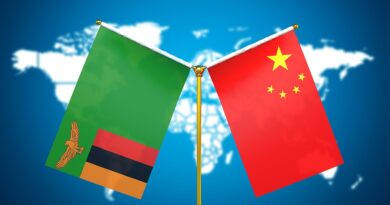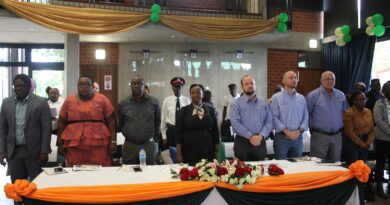Botswana’s SmartBots Initiative Sees Explosive Growth Amid High Data Costs, Raises Cybersecurity Concerns
Botswana’s SmartBots initiative, launched in 2019 to provide free WiFi in public spaces, has gained substantial traction in the face of soaring internet costs. With data prices as high as P1400 ($103) for 10GB, access to the internet has long been a challenge for many, particularly low-income citizens and youth.
However, the government’s push for digital inclusion through SmartBots has proven to be a game-changer.
Five years after its inception, the SmartBots project now serves over 1.6 million users, significantly boosting internet penetration in Botswana from 42% in 2019 to 77% in 2024.
The program’s success can be attributed to the installation of over 1,100 free WiFi routers in public facilities, including clinics, schools, and dikgotla (traditional courtyards). These hotspots offer internet speeds of up to 10Mbps and are used daily by more than 130,000 people.
The initiative’s impact is especially visible among Botswana’s youth, who utilize SmartBots for a range of activities from education to entertainment. Tumelo, 15, who frequently visits a SmartBots hotspot with his friend Kago, shares, “We come here every evening because it offers free internet, no password is needed, and it’s close to our homes, allowing us to stay out late.”
However, the increasing popularity of SmartBots has also brought attention to its challenges. The household-grade routers often struggle with fluctuating speeds due to high user volume. To avoid slow connections, many users prefer accessing the service during off-peak hours.
Beyond speed issues, cybersecurity experts have raised concerns about the program’s lack of user authentication. Larona Olebile, a cybersecurity expert, warns that the open network, which lacks password protection, could expose users to cyberattacks.
“A malicious individual gaining access to the router could easily compromise users since the network lacks password protection or verification,” Olebile cautioned.
Despite these risks, the program’s benefits continue to outweigh the drawbacks for most users. Daniel, a 21-year-old, frequents the SmartBots hotspot at Tshwaragano Clinic after work to further his forex trading skills. “The free internet is beneficial as I’m learning forex trading, and my friends believe that with the right savvy, it can be a quick way to make money,” he shared.
The government remains committed to expanding the SmartBots initiative, with plans to extend connectivity to over 500 additional villages.
Pontsho Pusoitsile, the permanent secretary at the Ministry of Communications, Knowledge, and Technology, emphasized the government’s broader goal: “Our primary mission is to connect all the settlements in the country before expanding to the more isolated, concentrated farming areas.”
Source: Tech in Africa



